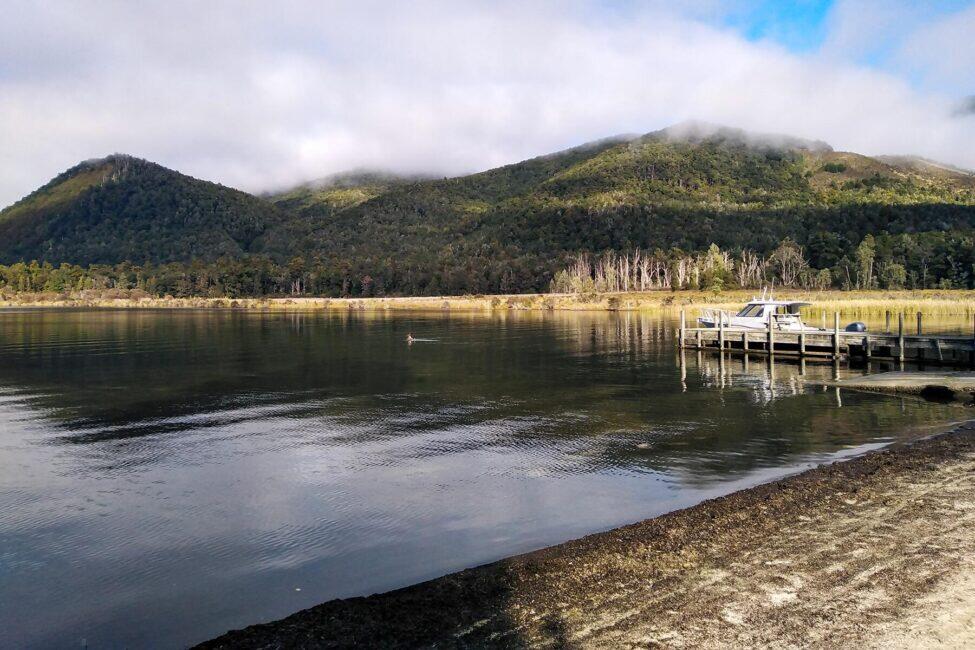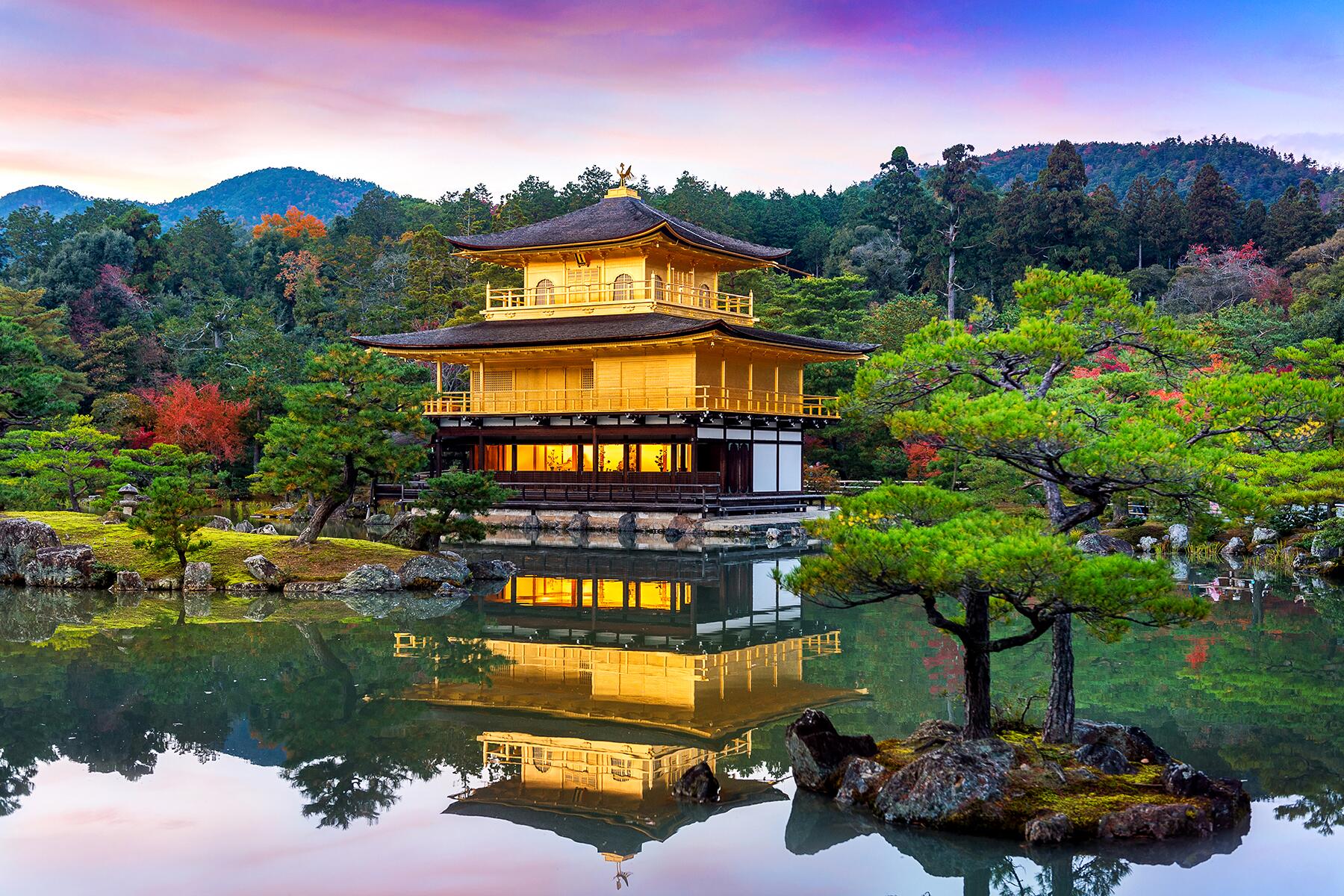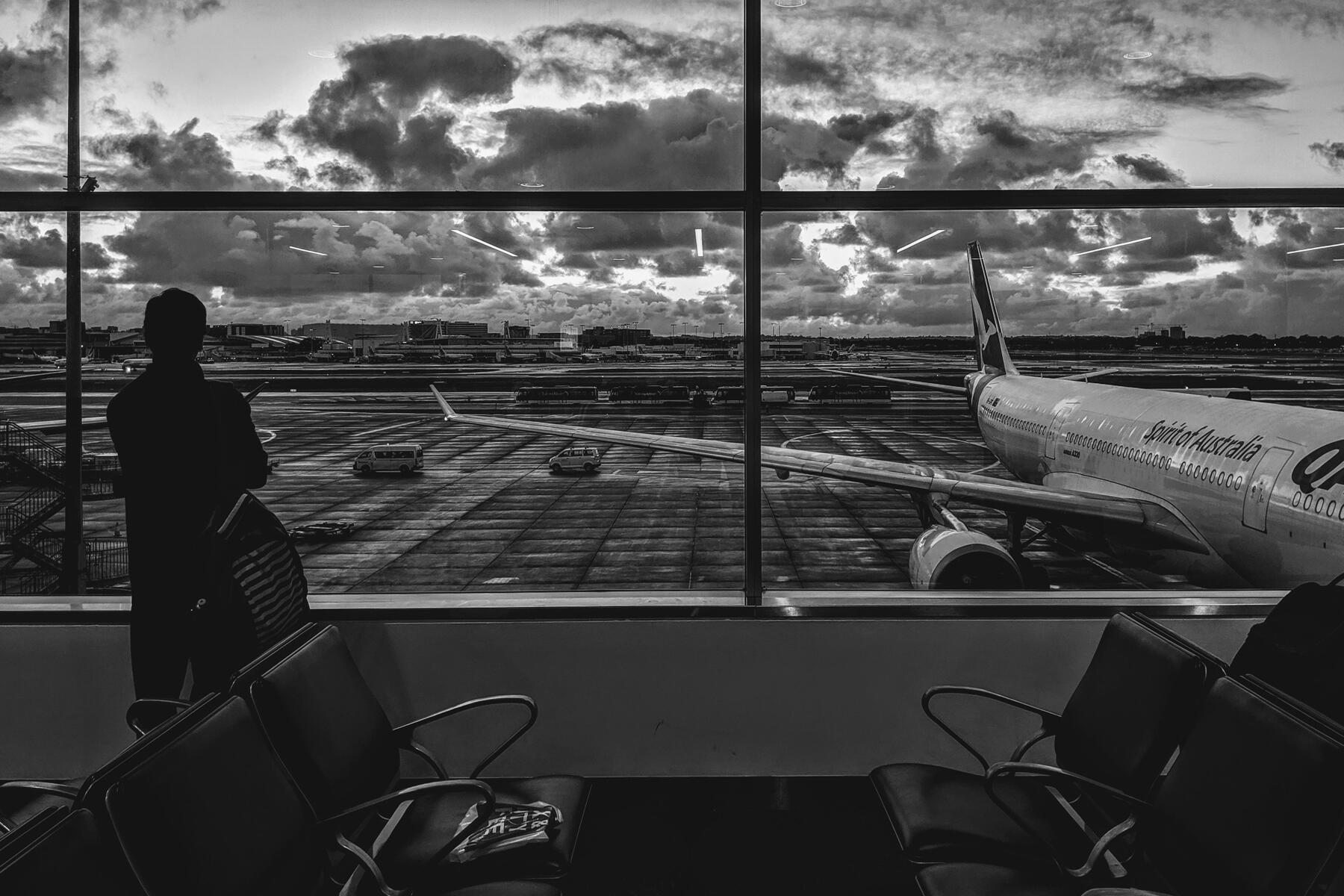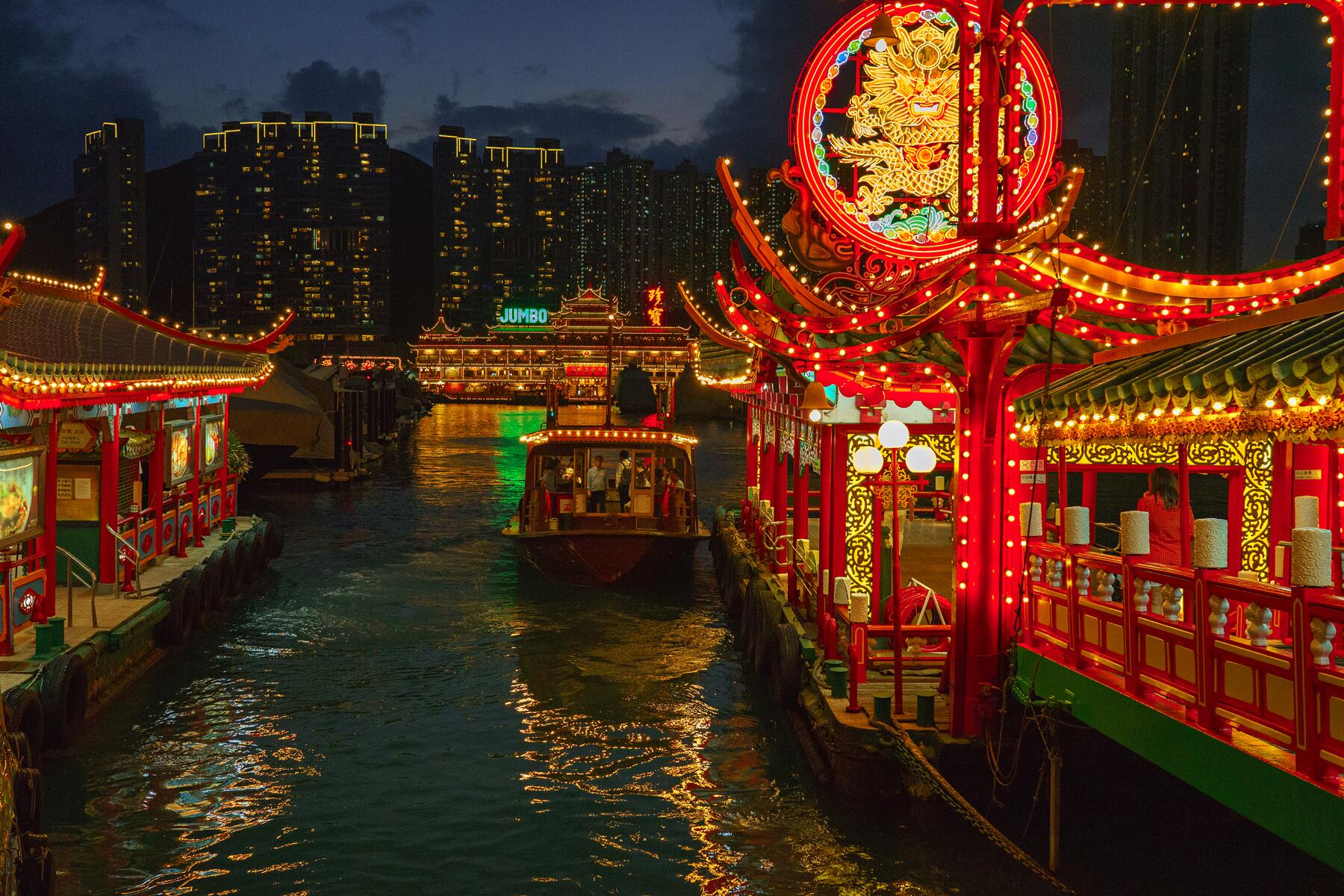I didn’t expect to be stuck on this small South Pacific island nation for more than a year, but there’s actually nowhere else I’d rather be.
My international travel wish-list is long and reflects the eclectic interests of a travel writer: I want to see Alaska, the exquisite Islamic architecture of Esfahan and Lahore, trek to Upper Dolpo in Nepal and along Japan’s Kumano Kodo Pilgrimage Trail, drive up to the Daintree Rainforest in Far North Queensland…and that’s just a start.
The COVID-19 pandemic put a stop to my globetrotting, as it did to many other people. I had to cancel trips to Australia, Nepal, and Singapore, all to visit friends and family. These cancelations were nothing compared to the worst of 2020, but they were disappointing nonetheless. Like many travel writers, I was forced to stop and reconsider what I was doing with my life, whether I’d be able to continue on the path I’d been on, and whether I even wanted to.
The answer was no. I realized that if I could never travel internationally again, that would be okay. But let me back up for a second.
Recommended Fodor’s Video
I live in New Zealand, a country that has been very successful at keeping COVID-19 out, and that has been praised for the kind and decisive leadership of our Prime Minister, Jacinda Ardern. To date, 26 people in New Zealand have died from the virus, one of the lowest national death tolls in the world, even taking into account our small population. New Zealand is a developed country with a decent publicly-funded healthcare system, but our often under-resourced hospitals couldn’t have coped with a surge in cases. Our politicians saw what was happening in Italy in March 2020 and realized we couldn’t risk the same happening here.
That’s why, on March 20, 2020, New Zealand’s borders closed to everyone but citizens, residents, or their children and partners with existing visas. Now, a year later, they’re still closed, with very few exceptions. It has become increasingly difficult even for citizens abroad to return home. We’ve been called a “fortress,” and not always in a flattering light.
Technically, we’re allowed to leave New Zealand. But if we want to return, we’d need to enter mandatory hotel quarantine for two weeks, which comes with a hefty bill. So, international travel has been off the cards for most people. Far from feeling imprisoned, however, the closure has given us in New Zealand enormous freedom, of the kind that’s lacking in much of the world right now.

The border closure has been a huge blow to the tourism industry, which was a major part of New Zealand’s economy prior to the pandemic. But it has successfully prevented the spreading of the virus, and after a few weeks’ nationwide lockdown in March and April 2020, life has been practically “normal” for most New Zealanders ever since. Our kids go to school and play in public playgrounds. We can go to restaurants and concerts (local acts only!). We’re only asked to wear masks on public transport. We can travel freely domestically.
Many New Zealanders had an ambivalent relationship with their country, even before the pandemic. We recognize that it’s the sort of place in which you return to raise your kids, but not before spending several years overseas—often in the U.K. or Australia—seeing the world and building our careers first. Salaries in New Zealand are low compared to the high cost of living, and opportunities in certain careers are limited. I’m not unusual for having spent no more than a handful of months in New Zealand between my early 20s and early 30s. I left for Japan as a 23-year-old, new university graduate and returned a decade later with a newborn, a spouse with a foreign passport, and no more than a suitcase of belongings. I didn’t intend on being back so long.
After a decade of living across Asia, North America, and Australia, returning to provincial New Zealand felt stifling. Being tucked in the bottom corner of the world, between Australia and Antarctica, it takes a lot of time and money to get anywhere from New Zealand. I felt major FOMO as my friends elsewhere in the world continued their grand adventures, without me.
There’s nothing like a global pandemic to put things in perspective and to shake you out of gratuitous self-pity, though. If I never get to travel internationally again, that’s okay.
I’m not expecting that to actually happen, but some worst-case scenarios have crossed my mind. What if the vaccines don’t work, or their effectiveness is limited? What if COVID-19 is just the beginning of a wave of pandemics? What if traveling with children isn’t safe after the pandemic?—I wouldn’t risk my daughter’s health for anything. And, of course, what if the pandemic and climate change combine to make international travel prohibitively expensive and highly unethical? This last question isn’t really hypothetical.
It would be an inconvenience if I couldn’t ever travel internationally again. Most of my extended family is outside New Zealand, and all of my partner’s family is. Our daughter doesn’t remember her dad’s family and we’d really like to visit them. But being effectively “grounded” during the pandemic has made me re-examine why I travel.
Like many people, I travel to take a break from “normal” life, to learn about the world and better understand humanity, to be surprised and impressed by amazing landscapes, to try new food and activities. To feel inspired.
All of those things can be achieved by traveling closer to home, within New Zealand. I’m fortunate to live in an especially attractive part of the country, bordered by three national parks and the Tasman Sea. Within two hours drive from home, I can visit beaches, mountains, forests, alpine lakes and rivers, and more. With the exception of visiting far-flung family, all of my travel desires can be met in my home region, let alone a bit farther afield on the North Island or other parts of the South Island.

In the last year, since the start of the pandemic, I’ve been on bushwalks in the Nelson Lakes National Park, taken a tour to the internationally significant bird sanctuary of Farewell Spit, soaked in the natural mineral waters of Hanmer Springs, slept in remote lodges in the far reaches of the Marlborough Sounds, cruised along the coastline of the Abel Tasman National Park, and swum in warm Northland seas. This isn’t even my dream bucket list; it’s just the reality of life here in New Zealand.
I feel especially lucky that this is my backyard, but the same logic should apply around the world. National parks, forests, beaches, historic and culture-rich cities are never too far away. When I see keen travelers complaining about having to limit their travel to their home regions or countries, my sympathy is limited. Look at what’s right in front of you, whatever or wherever that might be.
My curiosity about the world is as strong as it always was, but being “stuck” in Fortress New Zealand is about as good as it gets. Alaska, Esfahan, and Upper Dolpo will always be there, whether or not I can see them. In the meantime, I’ve bumped Mount Taranaki, Lake Waikaremoana, and the Whanganui National Park up my wish-list. The odds are good that I’ll actually make it to these places.



